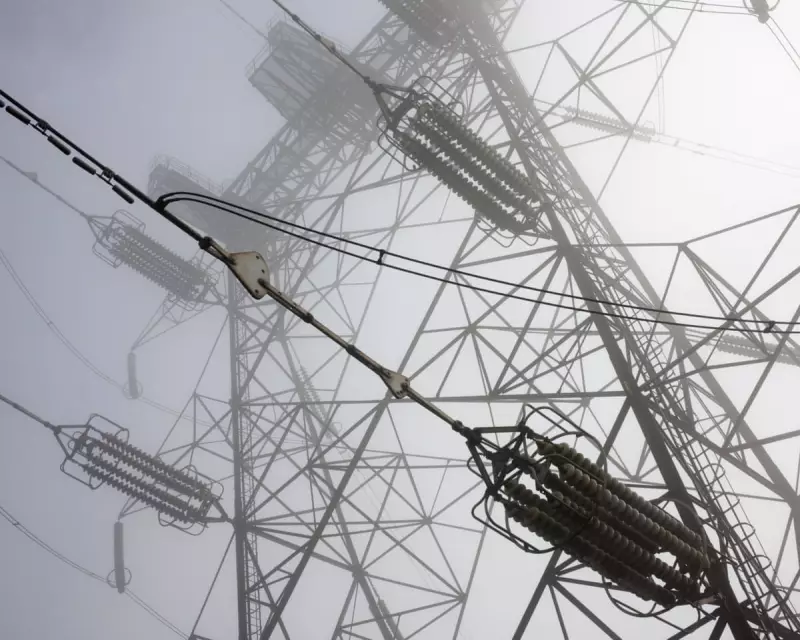
British households have been forced to pay a staggering £22 billion premium to energy company shareholders over the past decade, according to explosive new research that exposes the true cost of Britain's privatised energy market.
The Great Energy Divide
A comprehensive analysis by the Institute for Energy Security and Sustainability reveals that UK energy firms paid shareholders £22 billion more than their European counterparts between 2010 and 2023. This massive wealth transfer has created what experts are calling a "privatisation premium" – directly adding hundreds of pounds to annual energy bills for struggling families.
How Your Bills Fuel Shareholder Profits
The research shows a disturbing pattern: while European energy companies retained profits for investment and infrastructure, UK firms systematically prioritised shareholder payouts. This practice has left Britain with:
- Higher household bills to fund excessive dividends
- Underinvestment in critical energy infrastructure
- Vulnerability to price shocks and market volatility
- Slower transition to renewable energy sources
The Political Fallout
Shadow Energy Secretary Ed Miliband didn't mince words: "This isn't just bad economics – it's a moral outrage. While families choose between heating and eating, energy giants are laughing all the way to the bank."
The findings have ignited fresh debate about energy market reform, with calls for:
- Stricter profit caps and dividend regulations
- Accelerated investment in renewable infrastructure
- Greater transparency in energy pricing
- Public ownership options for critical energy assets
What This Means for You
With energy prices remaining stubbornly high and winter approaching, millions of households face another season of difficult choices. This research confirms that the structure of Britain's energy market – not just global prices – is driving the pain in your pocket.
The question now facing policymakers is whether to continue propping up a system that prioritises shareholder returns over national energy security and affordability for ordinary citizens.





